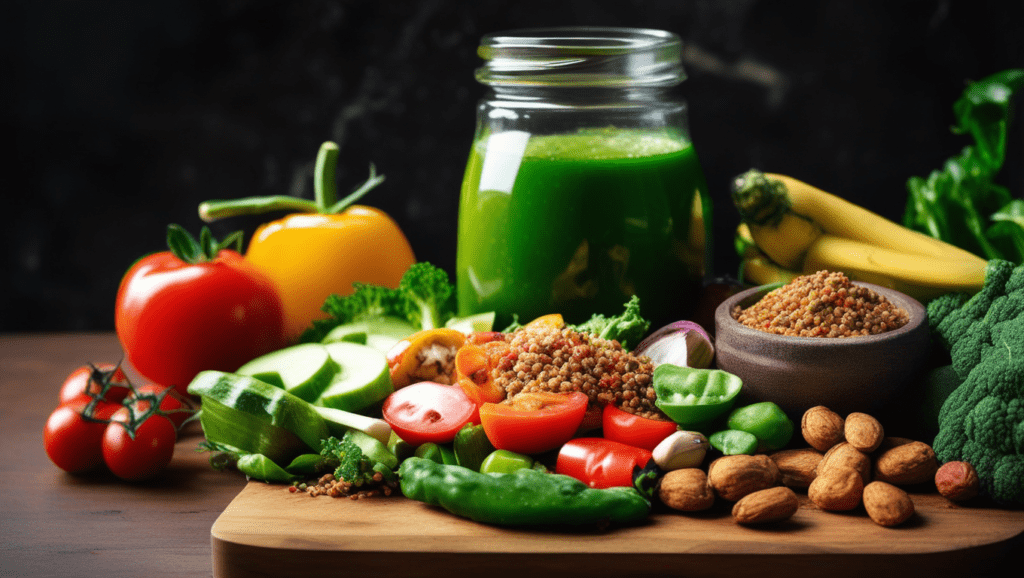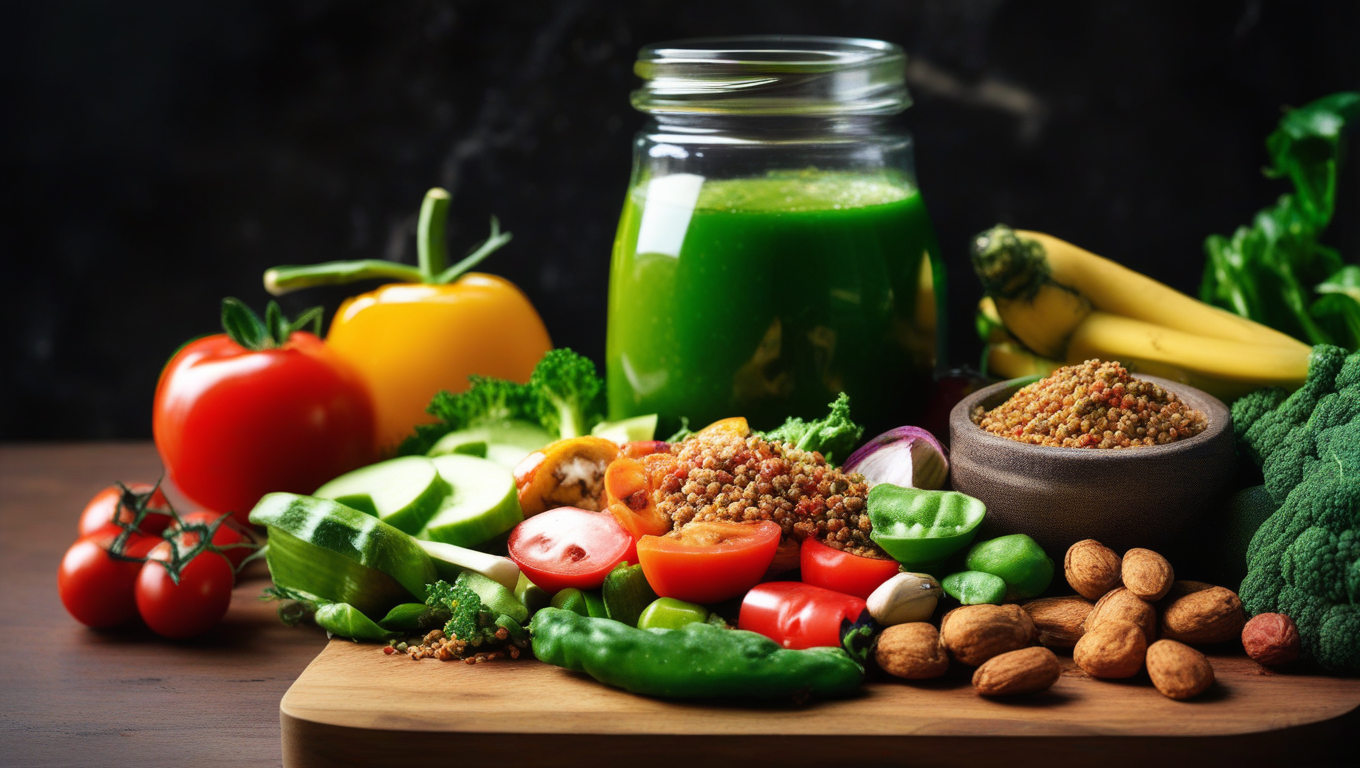In recent years, the debate between adopting a vegan lifestyle versus a diet centered around whole foods has intensified as more people search for sustainable ways to enhance their health. While both dietary approaches offer their own unique benefits, a balanced whole-food diet often provides the best long-term health results. Let’s delve into why whole foods might be a preferable alternative to veganism when striving for optimal health.
Understanding Whole Foods and Veganism
What Are Whole Foods?
Essentially, whole foods refer to foods that are eaten as close to their natural state as possible, minimizing any processing. This includes:
- Fruits and vegetables
- Whole grains
- Lean meats and seafood
- Nuts and seeds
- Dairy products and eggs
The core philosophy of a whole-food diet is to prioritize nutrient density and avoid heavily processed foods that can contribute to chronic health issues.
What Is Veganism?
Veganism is a lifestyle choice that eliminates all animal products. Often chosen for ethical, environmental, or health reasons, a vegan diet comprises:
- Fruits and vegetables
- Legumes and beans
- Grains
- Seeds and nuts
While it promotes a plant-based diet, which can also be healthful, veganism can sometimes lead to nutrient deficiencies if not properly managed.

Health Benefits: Whole Foods VS Veganism
The Case for Whole Foods
When it comes to health, whole foods provide a rich array of nutrients and other compounds that work synergistically to support the body’s functions:
- Balance of Nutrients: Whole foods naturally offer a comprehensive balance of vitamins, minerals, antioxidants, proteins, carbohydrates, and fats, all essential for maintaining good health.
- Improved Digestion: High fiber content in whole grains, fruits, and vegetables ensures a healthy digestive tract, reducing the risk of gastrointestinal issues.
- Disease Prevention: The consumption of unprocessed food lowers the risk of chronic diseases such as diabetes, heart disease, and certain cancers.
- Natural Satiety: Whole foods tend to be more filling, preventing overeating and helping with weight management.
Veganism’s Health Considerations
While a vegan diet supports plant-based eating, there are several health considerations to keep in mind:
- Nutrient Deficiencies: Vegan diets, if not carefully planned, can lead to deficiencies in vitamin B12, iron, calcium, and omega-3 fatty acids, necessitating supplementation.
- Protein Quality: While legumes and grains provide protein, they might lack the essential amino acids found in animal proteins unless a wide variety is consumed.
- Potentially Over-Processed Foods: Some vegans might rely on highly processed meat alternatives that can be high in sodium and preservatives, which contradicts the benefits aimed at cutting out animal products.
Weighing the Sustainability Aspect
Both diets consider environmental impacts, yet whole foods offer advantages when sustainability is a concern:
- Local Sourcing: Whole foods encourage purchasing locally, reducing the carbon footprint from transportation.
- Waste Reduction: The emphasis on fresh produce and unprocessed items typically allows for better food waste management.
Though veganism strongly promotes reducing animal agriculture’s environmental impact, practical practices like local sourcing of whole foods can provide a more balanced approach.
Finding Balance for Personal Health Optimization
Choosing a diet isn’t about a rigid label; it’s about personal health needs, preferences, and ethical viewpoints. Here is how you can find a personal balance:
- Listen to Your Body: Consider how different foods make you feel and adjust your diet to optimize your energy levels and well-being.
- Incorporate More Plants: Whether you choose whole foods or veganism, incorporating a variety of fruits and vegetables can augment nutrient intake.
- Seek Professional Guidance: Consulting with a healthcare provider or a nutritionist can help tailor a diet that addresses any deficiencies and aligns with personal health goals.
Conclusion: Making the Choice Yours
While veganism offers a variety of ethical and health benefits, a whole foods diet stands out for its nutrient richness and balance, making it a compelling choice for those prioritizing optimal health. Ultimately, the decision between veganism and whole foods should be made based on individual health requirements and lifestyle preferences. By being open to adapting your dietary approach, you can ensure better health outcomes and a more sustainable relationship with food.
Whether you choose a vegan diet or prioritize whole foods or a combination of both, the ultimate aim is to nourish your body, support the planet, and enjoy what you eat.

